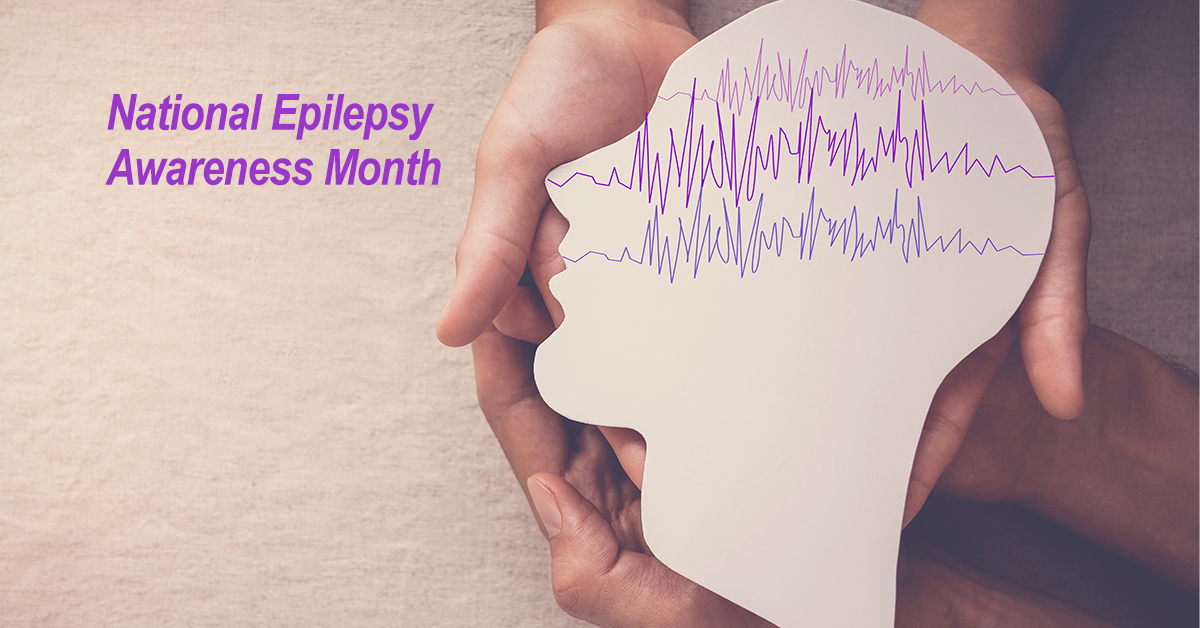As a parent, you know that for a child with epilepsy, a seizure disorder can seriously impact their success in the classroom. November is National Epilepsy Awareness Month, and the attorneys at Sussan, Greenwald & Wesler want you to know that federal law, as well as many state laws, grants children with epilepsy the right to receive certain supplemental services and, if necessary, special education.
These federal laws are known as the Individuals with Disabilities Education Act (IDEA) and Section 504 of the Rehabilitation Act of 1973 (Section 504). A child with epilepsy or another disability who does not qualify for services under IDEA may still qualify for services under Section 504 of the Rehabilitation Act.
Your child is entitled to reasonable accommodations under Section 504 if they have a disability as the law defines it which substantially limits one or more major life activities, such as caring for one’s self, performing manual tasks, walking, seeing, hearing, speaking, breathing or learning.
For a child with epilepsy, commonly requested services may include:
• Health services (such as administration of medication in the event of a prolonged seizure)
• Specialized recreation services (for a child with uncontrolled seizures)
• Counseling (to compensate for the social adjustment aspects of epilepsy)
• Other non-instructional services
• Specialized instruction if needed to compensate for accompanying learning disabilities or other cognitive impairments resulting from frequent losses of consciousness or other impairment of attention or learning ability
As a parent, you already know that seizures can make life difficult for a child in many ways. If your child needs reasonable accommodations, you should request that the school develop a Section 504 Plan.
Click here for more information on the 504 Plan.


